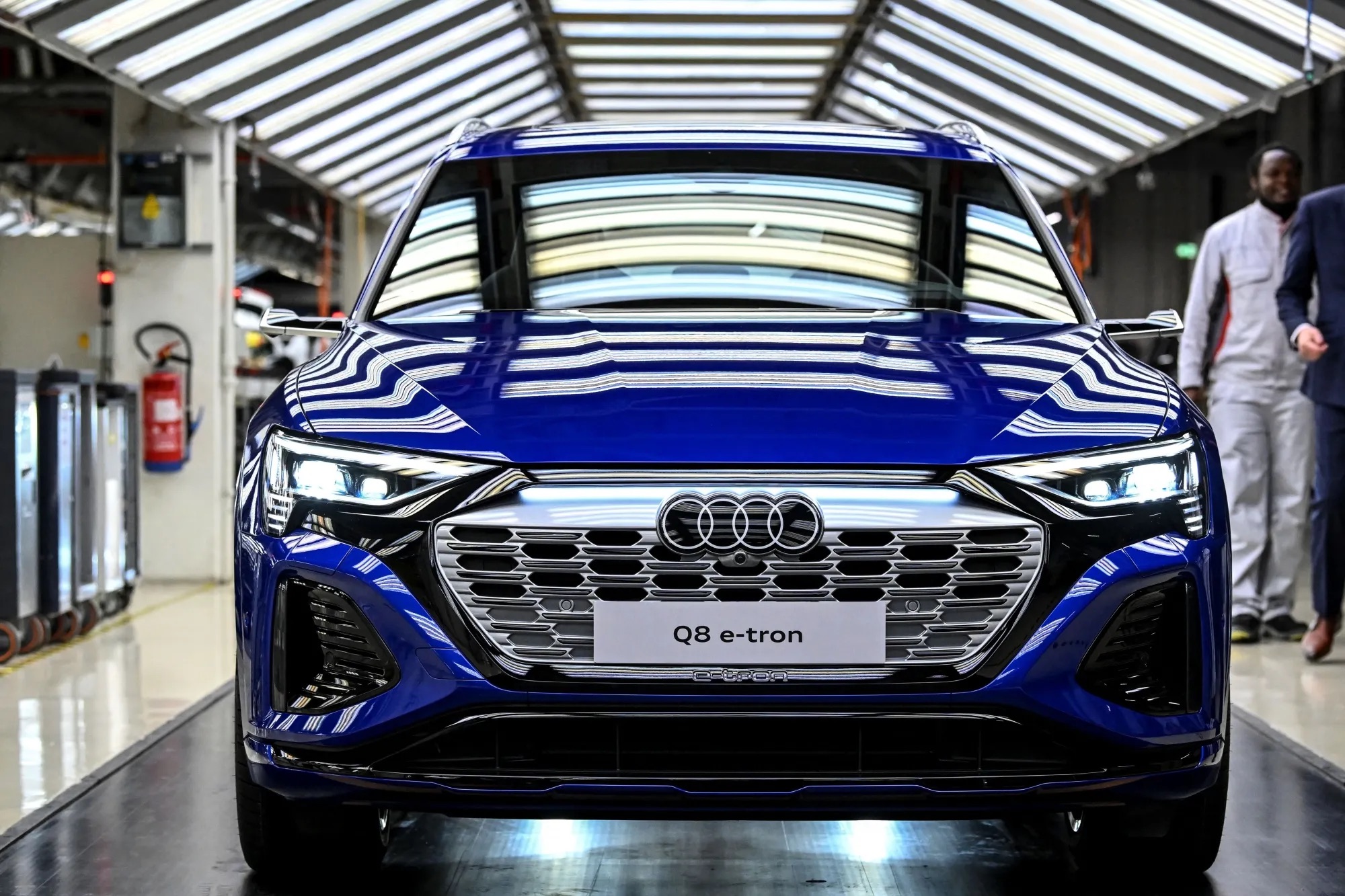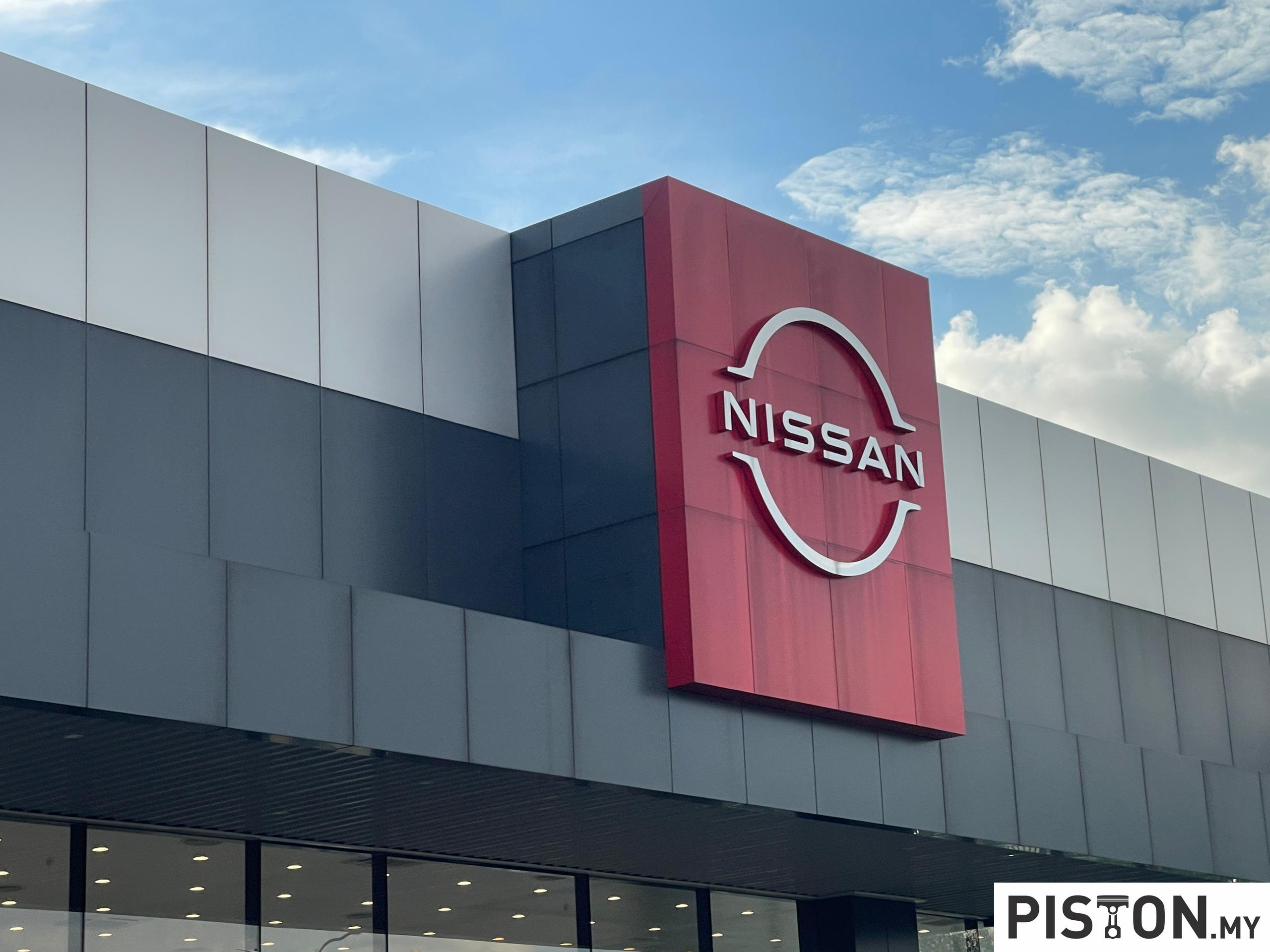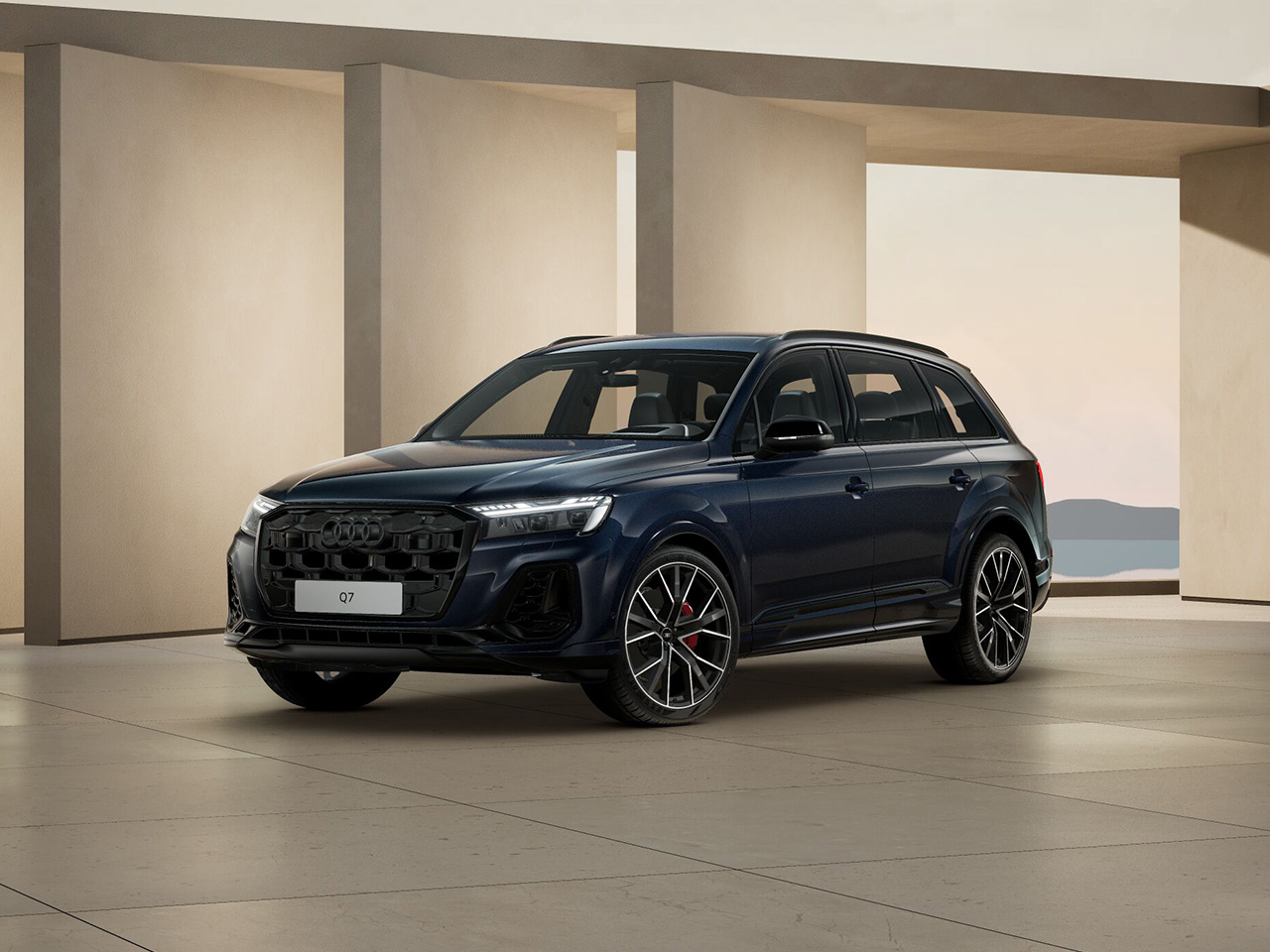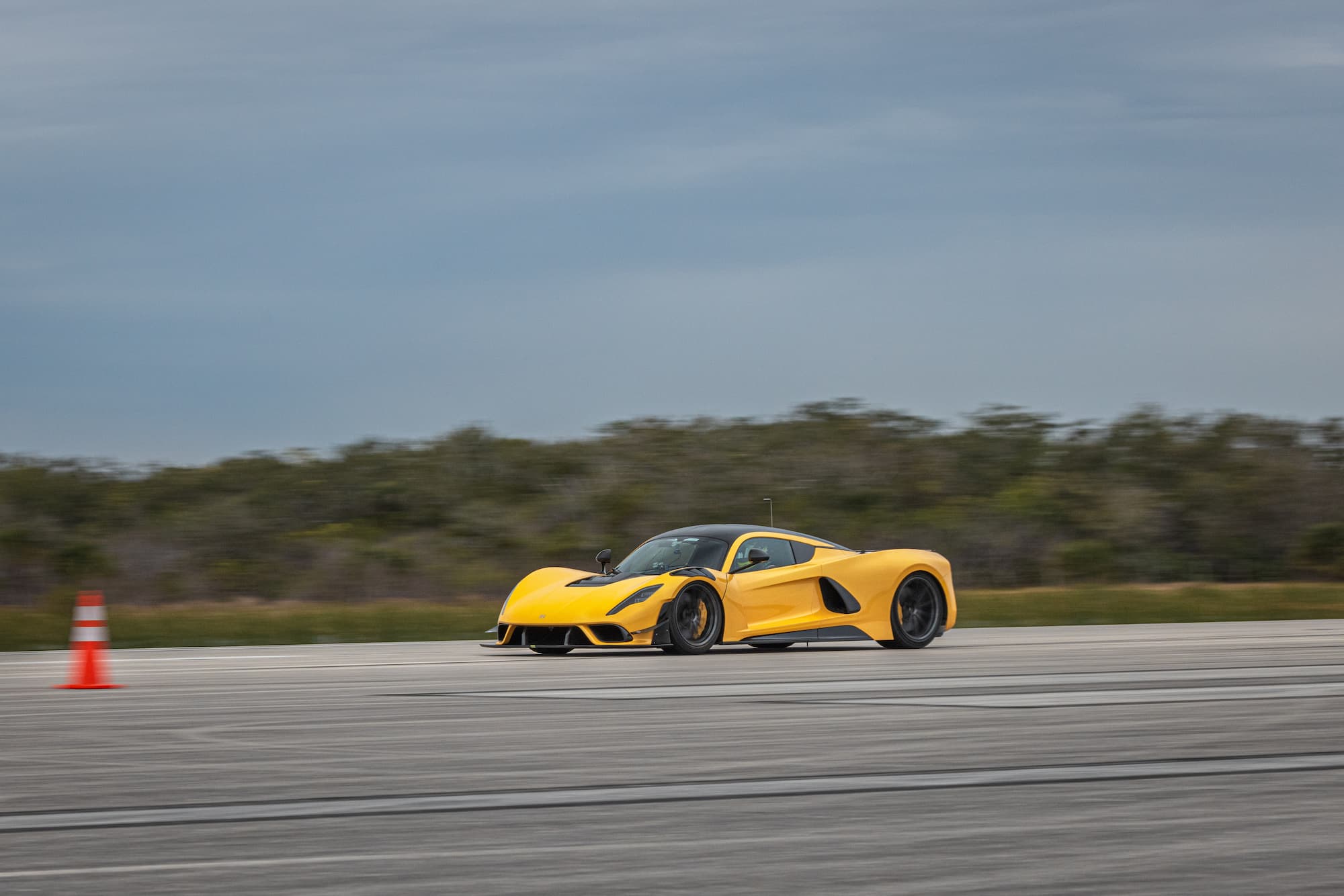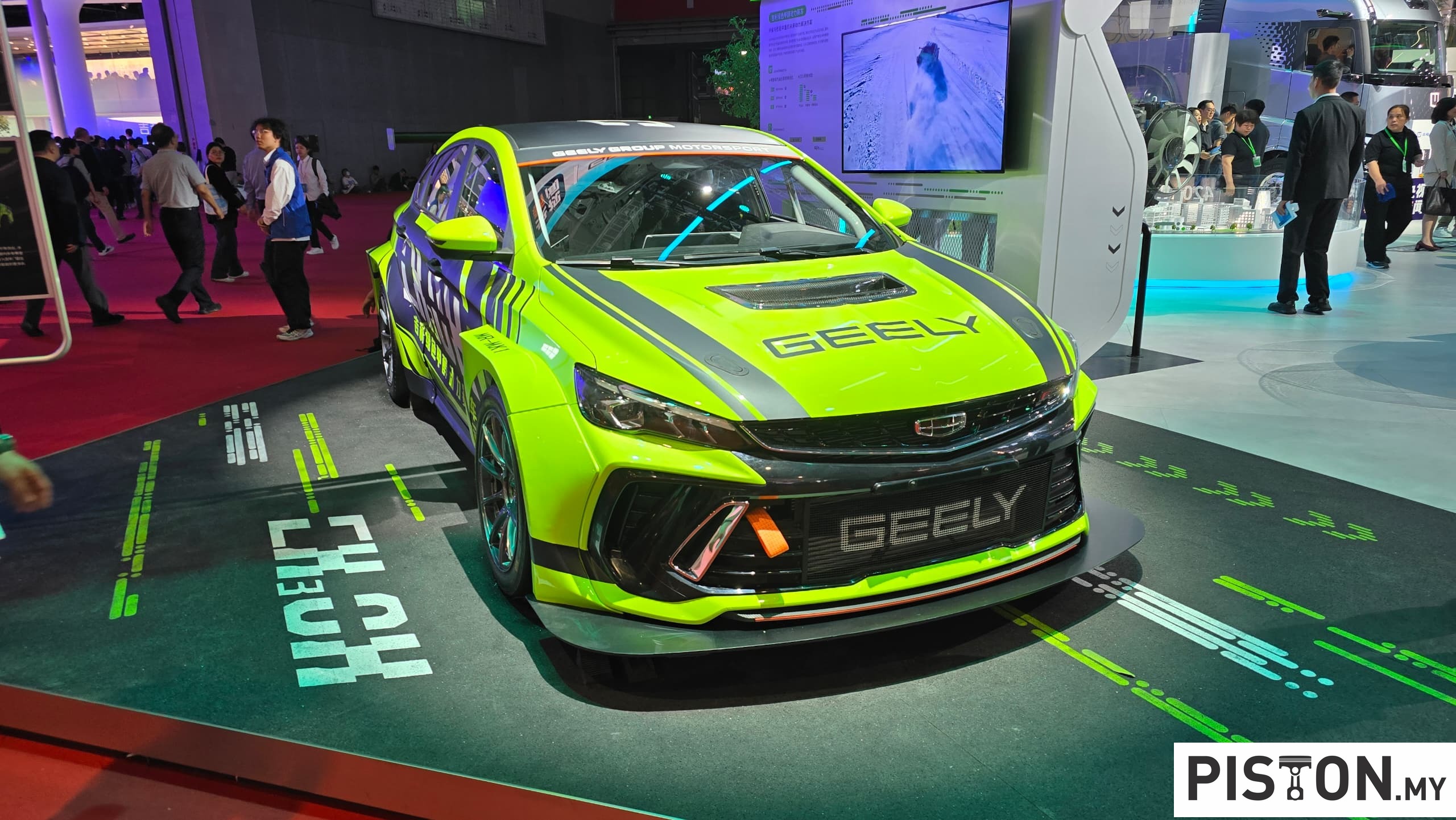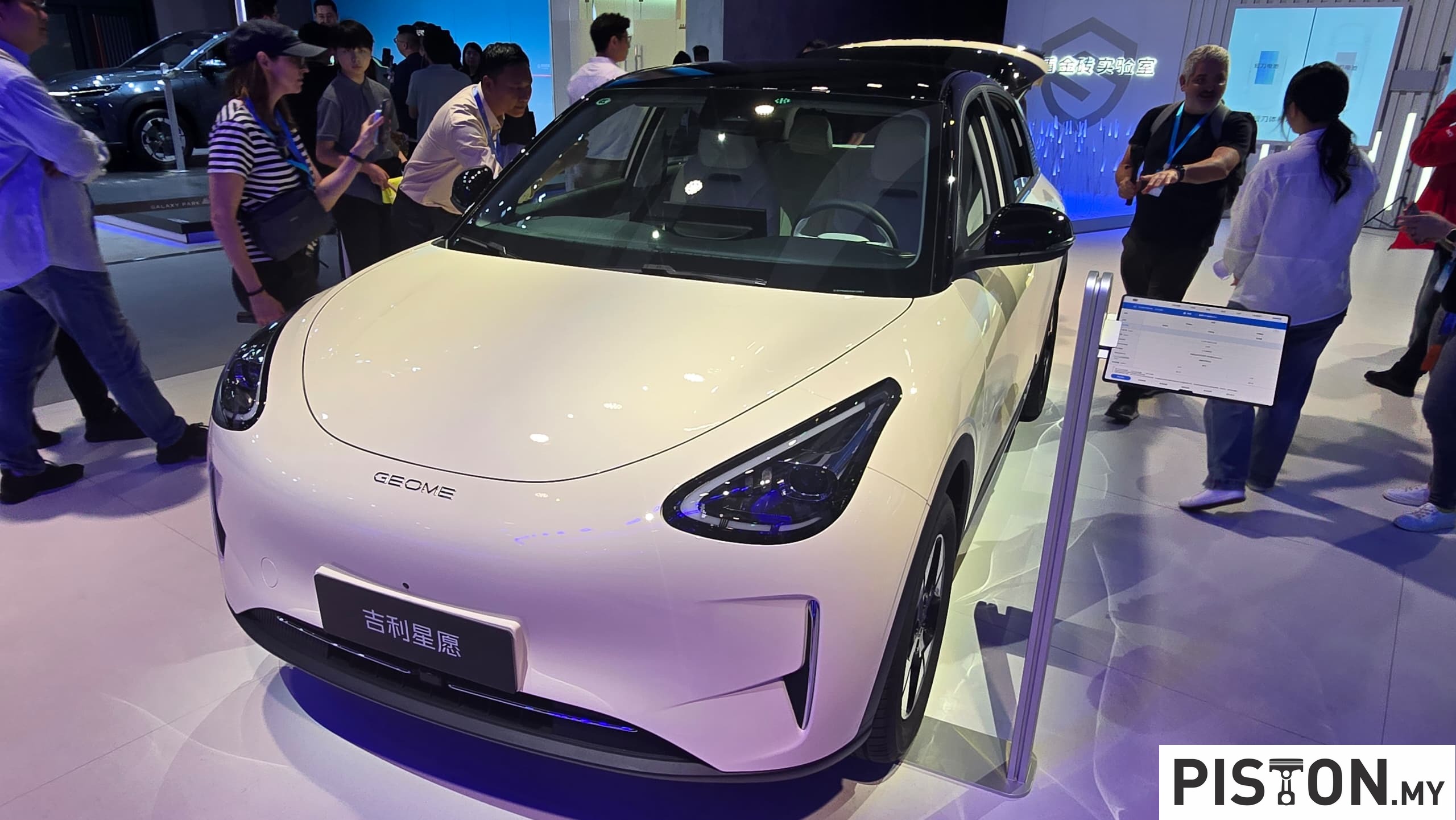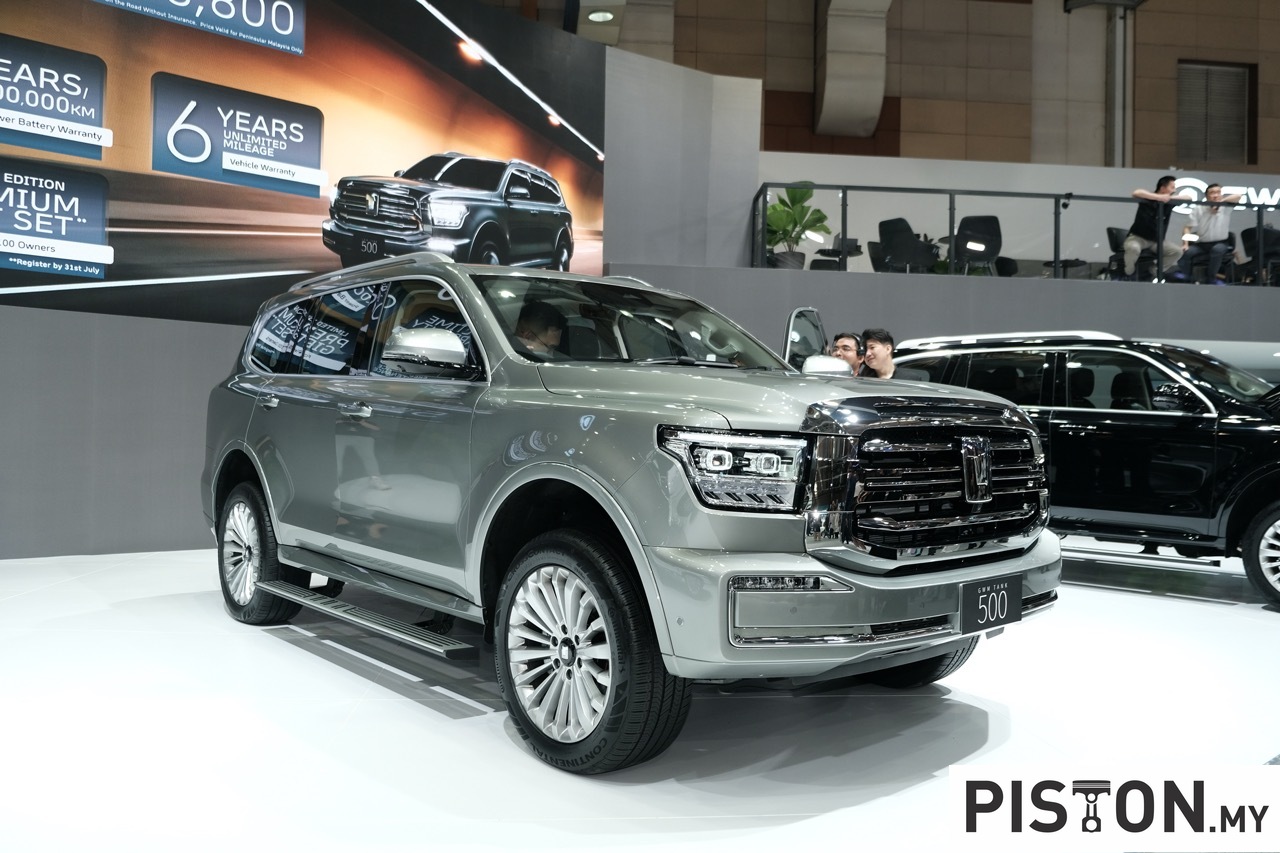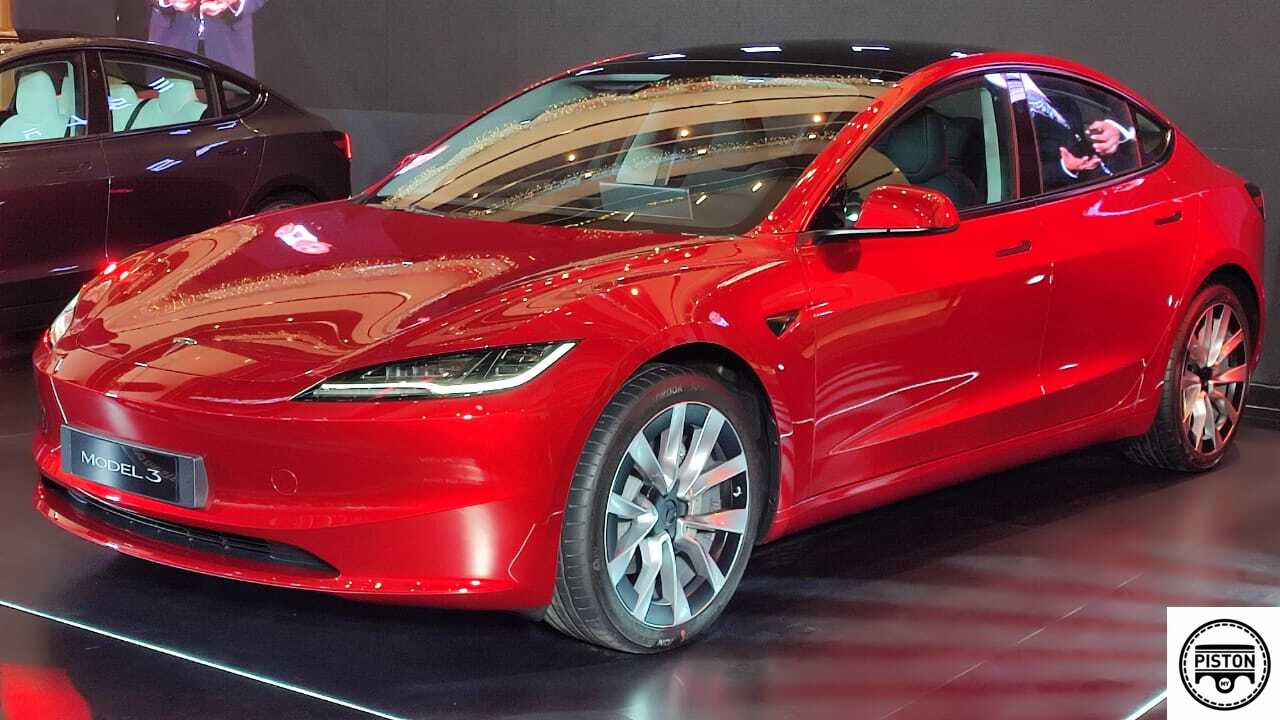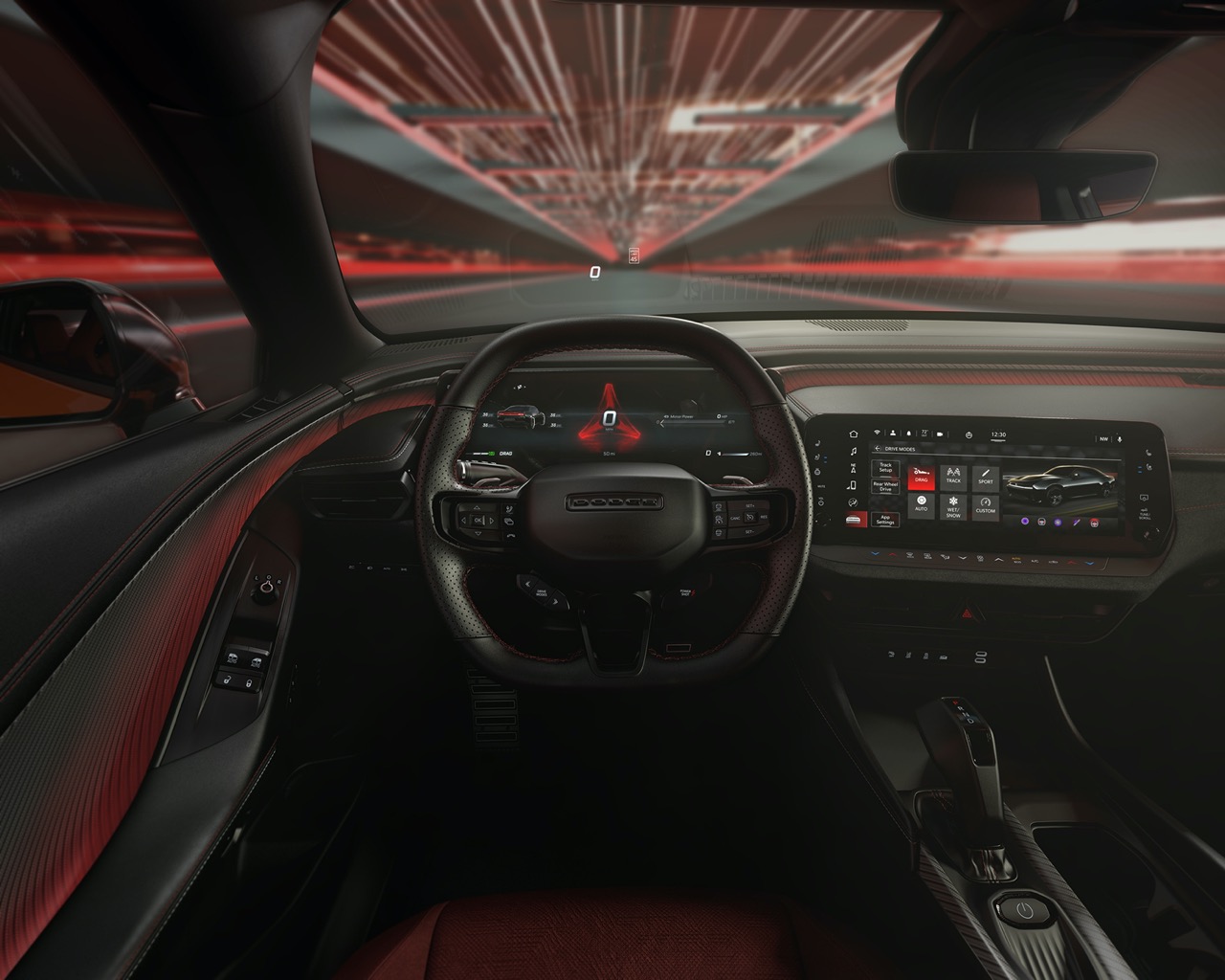Volkswagen’s iconic Brussels plant, home to the production of the Audi Q8 E-Tron, is on the brink of closure as the company struggles to maintain demand in a slowing electric vehicle (EV) market. The plant, which has been producing cars since 1949, could be permanently shut down, marking a significant moment for both the automaker and the European EV sector.
The Audi Q8 E-Tron was anticipated to be a major player in Volkswagen’s EV strategy. However, the plant’s production figures reveal a different outcome. Despite the facility having a production capacity of 120,000 vehicles, the numbers have been dwindling. In 2022, only 47,900 units were produced, dropping to 37,400 last year, with just 23,900 vehicles delivered so far in 2024.
Volkswagen had hoped for a sales boost, but the declining demand for premium EVs has pushed the company to consider halting production at the Brussels plant. With no alternatives for repurposing the facility, the plant’s closure seems inevitable, potentially affecting 3,000 jobs.
The situation has ignited protests in Belgium, with workers and unions expressing their anger. Ronny Liedts of the ACV-CSC union criticised the company, stating, “The only thing they want to do is close the plant as quickly as possible.” Meanwhile, unions argue that the real issue is the high pricing of electric vehicles, making them unaffordable for the average consumer.
Trade unionist Hillal Sor from Metallos FGTB added, “Car manufacturers wanted to make big profits with electric vehicles right away. They focused on large, luxurious, and expensive models that most European citizens cannot afford, leading to overproduction.” As a result, factories in Belgium and Germany are now under threat of closure.
This situation reflects the challenges facing Europe’s transition to electric mobility, where high production costs and pricing strategies have clashed with consumer affordability, leading to broader concerns about the future of EV production in the region.




